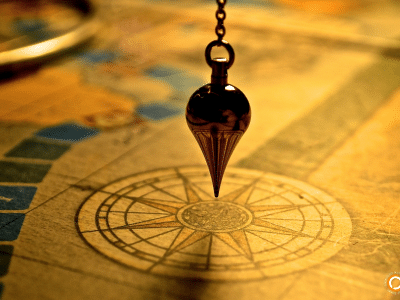Au Revoir le francais, adeus português, до свидания России andوداعا عربية…
At this time of year it is a common course of action across the media to try and predict events that are likely to occur within the coming year. This year however the BBC went a step further and has attempted to try and lay down some predictions for where mankind will be 100 years from now. Among suggestions that we might learn how to control the weather or that California might lead a break up of the USA, is a suggestion that will no doubt shock linguists. That in the year 2100 there will be only three languages. The languages that have been suggested to still be in existence are of course English, Mandarin and Spanish, but what does that mean for native speakers of other languageS, particularly some of the major languages of the 20th century that are set to die out.
Languages have been in the process of dying out ever since the dawn of communication. Just as languages themselves mutate organically, losing elements as they gain others, so the world of language changes, losing some tongues to the benefit of others. This trend of decline looks set to have permanently altered the linguistic topography of our planet at some point in the not too distant future.
Smaller languages disappear on a fairly regular basis of course, but what were to happen should some of the languages that we look upon as being major players in global communication die out. Were French and German, Italian and Russian, Polish and Arabic to suddenly disappear, what would be the possible effects?
It has of course long been theorised that language and identity are very closely intertwined. Therefore it is difficult to envisage the disappearance of these languages occurring without significant resistance and without significant political change. Therefore to assume the disappearance of these languages is to assume the disappearance of these cultures. This implies a series of major political shifts of the sort that would perhaps see Europe become a tight-knit union and maybe even external intervention in the Middle East to a degree that has, even now, not yet been achieved.
Assuming that these changes must happen either through increased unity and transparency between sovereign nations or through forced intervention by external parties, one wonders what the linguistic geography of 2100 might look like. Would we see an Asia and Africa dominated by Mandarin, the language of 21st century business? Would South America communicate entirely in Spanish whilst Europe, including Spain itself, look to English to convey human thoughts and emotions?
All of this leads us to the fact that in order for this to happen a series of powerful and not entirely definite events need to occur, including not only continued economic importance of China but also complete integration throughout the varied peoples of the patchwork of Europe. Whilst the first of these is already a work in process, it is difficult to envisage that in the space of just one hundred years the level of coordination and community motivation that is required for a homogenous Europe will have been achieved.
Whilst further in the future the decline of linguistic diversity may be inevitable, it seems likely that some of the major world languages will still be about in one hundred years time, although maybe they will have lost some of the importance and prestige that they enjoy now.









